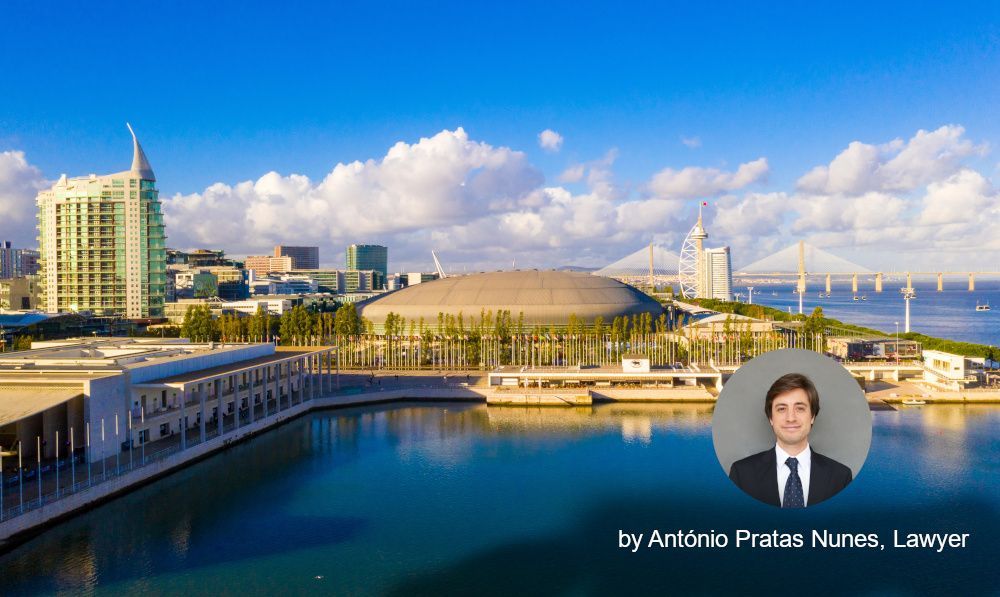Last Call for UK Citizens Relocating to Portugal Under the EU Regime
UK citizens have until the 31st of December 2020 to relocate to Portugal under the current rules and establish residence in Portugal.
As such, UK nationals relocating to Portugal within the Brexit transition period will be granted:
- A Certificate of Residence valid for five years, keeping the freedom of movement within the Schengen Area; and
- Eligibility to apply for a Portuguese Passport after five years of residence.
No postponements are foreseen due to Covid 19 travel restrictions or others.
From 1st January 2021, UK citizens will be able to travel to Portugal for up to 90 days in any 180-day period without a visa for purposes such as tourism.
What to expect?
Under the current EU freedom of movement rules valid until the 31st of December, 2020, UK citizens have the right to establish residence in Portugal with no need for a permit. However, after securing accommodation in the country, they are required to:
- Register with the Foreigners and Borders Service (SEF), which must be done in person at the local Town Hall (Câmara Municipal), who typically requires documentary proof of sufficient means of subsistence, so that the new resident does not become a burden for the State;
- Upon starting an employment or self-employment activity or, otherwise, no later than the end of the then calendar/tax year, register as tax residents with the Tax and Customs Authority (AT), which may be done at any Tax Office (Repartição de Finanças), where documentary evidence of a title to residential accommodation must be shown.
- Once registered with SEF, in the event the new resident individual has dependent family members (spouse (or common law spouse of at least 2 years), dependent children or dependent parents - who are not entitled to the EU freedom of movement), they may then apply for residence cards having a validity of 5 years.
- In addition, please consider that under the NHR special tax regime, it is possible to benefit from a 10-year tax exemption on most non-Portugal-sourced types of income, whether or not they are taxed at source, and whether or not, under a double taxation agreement (DTA), tax at source is reduced (e.g. on dividends, interest or royalties) or even eliminated.
Public Health Care
UK nationals should ensure they are properly registered for healthcare as a resident in Portugal. Private health insurance is available but it is not mandatory and should not replace registering for public healthcare. Once registered as residents in Portugal, UK nationals are entitled to public healthcare.
Driving in Portugal
UK nationals should register their UK licence with Instituto da Mobilidade e de Transportes (IMT) within 60 days of taking up residence or face a fine. Alternatively, it is possible to exchange the UK driving licence for a Portuguese driving licence at any IMT office. It would allow UK nationals to use the Portuguese licence if needed to drive in the UK and other EU countries as a visitor.
Please contact us to start your process of relocating to Portugal!











